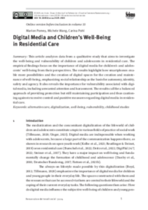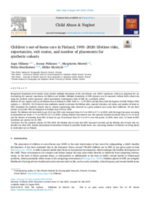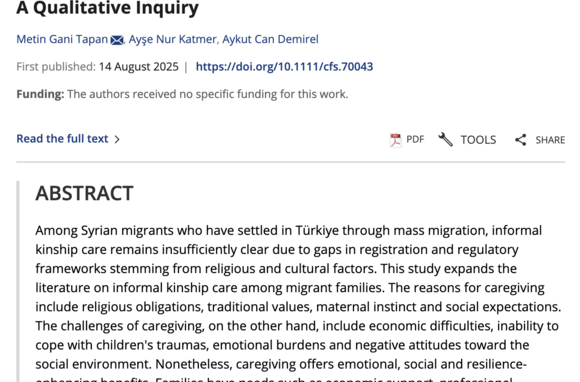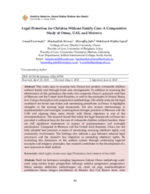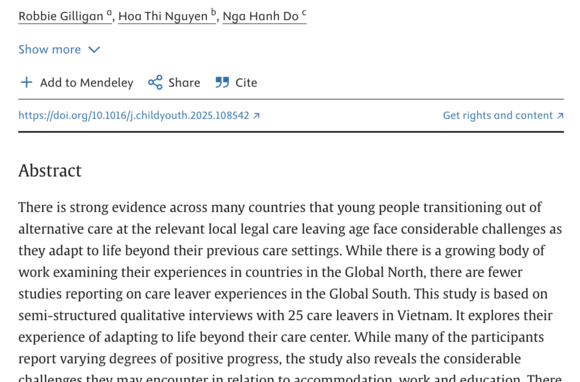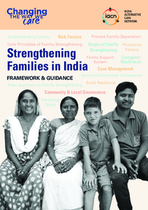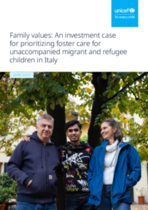Digital Media and Children’s Well-Being in Residential Care
This article analyzes data from a qualitative study that aims to investigate the well-being and vulnerability of Swiss children and adolescents in residential care. The empirical findings focus on the importance of digital media for children’s and adolescents’ well-being from their perspectives.

